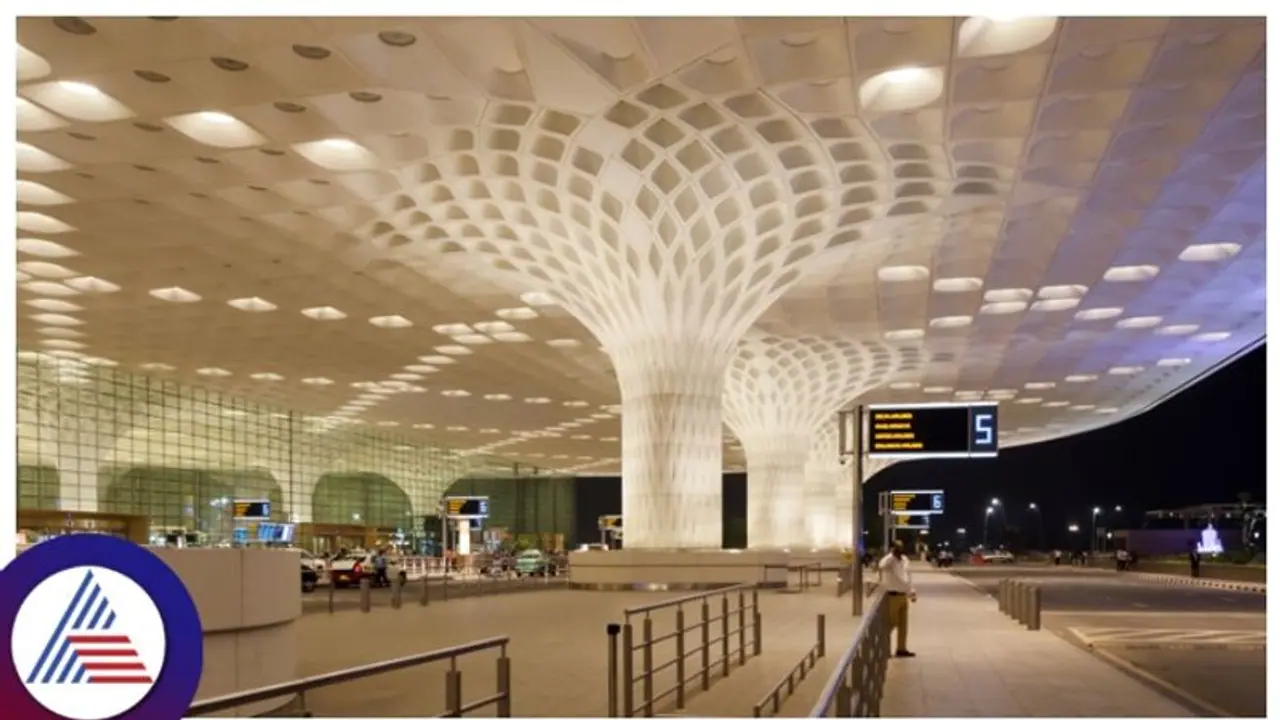According to reports from the Economic Times (ET), the Airport Authority of India has instructed Mumbai airport to curtail aircraft movements from 46 to 44 during peak hours and from 44 to 42 during non-peak hours.
In response to mounting congestion and deteriorating punctuality, the Indian government has reportedly issued directives to Mumbai airport, urging a reduction in scheduled flights and imposing limitations on business jet movements during peak hours. This move, aimed at alleviating congestion and enhancing airline punctuality, marks a significant adjustment in air traffic management strategies at one of the country's busiest airports.

According to reports from the Economic Times (ET), the Airport Authority of India has instructed Mumbai airport to curtail aircraft movements from 46 to 44 during peak hours and from 44 to 42 during non-peak hours. The report stated that the recent directive is poised to prompt airlines to cut roughly 40 flights commencing this week. Among the carriers affected, IndiGo, renowned for its extensive flight network, faces a reduction of 18 flights, while the Air India group, inclusive of Vistara, must trim 17 flights from their schedules.
The extension of the curfew on business jet operations from four to eight hours has reportedly sparked protests from prominent corporate entities like Reliance Industries, JSW, and the Mahindra group. These groups heavily rely on private aviation for their business operations and have raised concerns over the impact of extended curfews on their travel schedules and logistical arrangements.
Mumbai International Airport Limited (MIAL), operated by the Adani group, has refrained from commenting on the directives at this time. The airport, the second busiest in India after Delhi, has experienced a surge in air traffic, handling a record-breaking 4.88 million passengers in December alone, and operating more flights than any other single-runway airport.
The decision to implement flight reductions and curfews stems from concerns raised by Minister of Civil Aviation, Jyotiraditya Scindia, regarding declining on-time departure performances at Mumbai airport. Senior air traffic controllers have identified overscheduling by airlines as a primary cause of delays, exacerbated by the inability of adjacent aircraft to maneuver due to crowded parking bays.
Government officials emphasize that runway capacity is contingent on various factors including infrastructure availability, parking stands, and aircraft turnaround times. Unscheduled movements, particularly those of government and business aircraft, further compound delays for scheduled flights.
In response to the directives, airports have been urged to consider unforeseen circumstances when forecasting peak hour capacities for upcoming schedules. While the measures are intended to enhance operational efficiency and alleviate congestion, airline network planners have expressed concerns over the abrupt cancellations hindering their ability to redeploy aircraft, potentially resulting in financial losses and the need for substantial compensation to affected passengers.
The directives issued by the government reflect a concerted effort to address the challenges posed by increasing air traffic congestion and declining punctuality at Mumbai airport. As stakeholders navigate these adjustments, a delicate balance between regulatory interventions and operational exigencies will be crucial in ensuring sustainable air travel operations in one of India's most vital aviation hubs.
